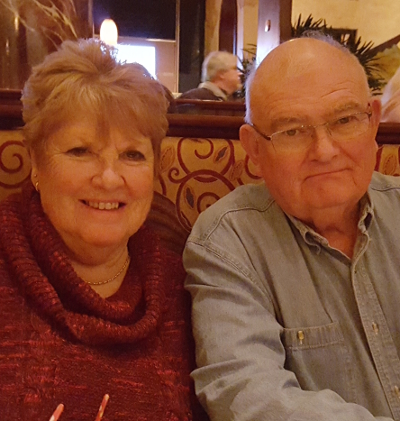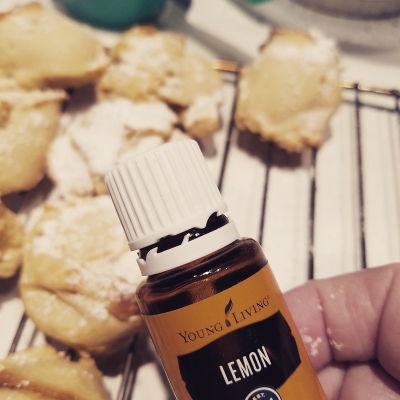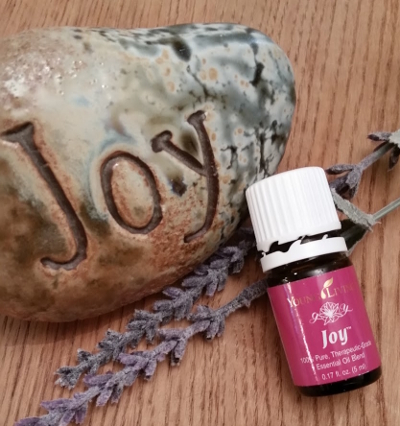
Essential oil basics
 In November of 2014, I began a journey with
essential oils when a friend invited me to a short class. I knew
virtually nothing about essential oils, but I succumbed the minute the
woman teaching the class mentioned one drop of Valor will quieten or
stop snoring. What a statement! My husband the snorer! I obtained
a bottle of Valor that very night and we actually went from a loud roar
to a dull hum.
In November of 2014, I began a journey with
essential oils when a friend invited me to a short class. I knew
virtually nothing about essential oils, but I succumbed the minute the
woman teaching the class mentioned one drop of Valor will quieten or
stop snoring. What a statement! My husband the snorer! I obtained
a bottle of Valor that very night and we actually went from a loud roar
to a dull hum.
Our next success was
Mac's chronic bronchitis, which usually requires treatment all winter
long. We began preemptively using Eucalyptus
globulus instead
and my husband escaped without a single bout.
 So what are essential oils?
Simply put, essential oils are the life blood of plants. When you
pinch a leaf from a plant and it oozes some "juice," that is the oil.
These juices contain molecules so tiny they can get into the entire
body within twenty minutes when placed anywhere on your skin. That is
why when you put a drop of Peppermint on your temples, you can say bye
bye to pain.
So what are essential oils?
Simply put, essential oils are the life blood of plants. When you
pinch a leaf from a plant and it oozes some "juice," that is the oil.
These juices contain molecules so tiny they can get into the entire
body within twenty minutes when placed anywhere on your skin. That is
why when you put a drop of Peppermint on your temples, you can say bye
bye to pain.
So how do you use them?
The first choice for beginners is often to begin "low and slow" by
applying oils topically onto the skin in an area where you are looking
for support. The soles of your feet are a good choice for this type of
application.
 Alternatively, you can inhale the essential
oils. Perhaps you merely place a drop in your hand then inhale with
your palm cupped over your nose. Or you may diffuse the scent through
the air using a cold-air diffuser.
Alternatively, you can inhale the essential
oils. Perhaps you merely place a drop in your hand then inhale with
your palm cupped over your nose. Or you may diffuse the scent through
the air using a cold-air diffuser.
Finally, essential oils
can be taken internally. For example, place a drop of Lemon in your
glass of ice water to cleanse toxins and boost energy.
No matter how you get
the oils into your system, they're a great option for those needing
emotional support and support for their nervous system. More
personally, they've changed both my and my husband's lives for the
better. Perhaps you'd like to give them a try as well?
Nancy
McKinney is an independent distributor of Young Living Essential Oils.
For more information, you can find her on facebook, on her blog, or by
emailing nkmckinney@gmail.com.
Want more in-depth information? Browse through our books.
Or explore more posts by date or by subject.
About us: Anna Hess and Mark Hamilton spent over a decade living self-sufficiently in the mountains of Virginia before moving north to start over from scratch in the foothills of Ohio. They've experimented with permaculture, no-till gardening, trailersteading, home-based microbusinesses and much more, writing about their adventures in both blogs and books.
Want to be notified when new comments are posted on this page? Click on the RSS button after you add a comment to subscribe to the comment feed, or simply check the box beside "email replies to me" while writing your comment.

CAUTION!!! Be very careful of ingesting same. Some of those essential oils are contraindicated if you are taking certain medications. Also, make sure you check with Drugs.com to see if there are any conflicts.
As far as topicals are concerned, some folks may be allergic to some oils so test it out before you douse yourself.
My tai chi master says using essential oil of oregano cured his toenail fungus. So not all are bad, but you do have to be careful. Better safe than sorry.
The name “essential oil” is somewhat misleading. First, any essential oil consists of many different substances. The proportions of these substances can vary widely. And they are only "oils" in the sense that they're generally not very soluble in water.
Anna probably knows more about this than I do, but to the best of my knowledge the substances in essentials oils are not part of the photosynthesis process that sustains plants. They do serve many different purposes like e.g. discouraging herbivores.
The liquids in plants (and animals) are mostly water.
While some essential oils can be harvested by pressing (like lemon oil), many seem to be harvested by (steam) distillation or solvent/CO2 extraction. Often these processes are followed by fractional distillation to purify them.
Actually, skin absorption) varies wildly between body parts and substance. The soles of the feet generally have the thickest skin and are slowest to absorb substances. It also depends on e.g. the concentration of the substance, its molecular weight and solubility in water. One of the functions of our skin is to protect us from the outside world. That wouldn't work very well if it just let anything through. While I have been unable to find good references, I would expect the mostly non water-soluble components of essential oils to penetrate the skin rather slowly.
Some can, and some should not. For instance, essential oils can contain substances like eucalyptol and camphor which are toxic when ingested in large doses, where "large" means in the order of 0,5-2 grams per kg of body weight. One should always check if a product is suitable for ingestion before doing so.
For most toxins one can say that "the dose is the poison", so a couple of drops is probably not acutely poisonous. But for most substances the effects on humans have not been studied since it is impractical to do so.
The human body is a complex and versatile chemical plant. Our organs (mainly the liver and kidneys) are very well capable to clean our bodies of metabolism byproducts and a large collection of other toxic substances. Some are expelled in solid or liquid waste, others are stored. It is a myth that we need "detoxification".
Any substance where ingesting a single drop would have a significant effect on the human body chemistry would have to be very reactive. Lemon oil contains mostly (70%) d-limonene which, by the way, is broken down by the liver when ingested. Looking at the structure and chemical formula it doesn't look particularly reactive. It is considered inert by the FDA. Can you name any harmful substances present in the human body that would react with and be disabled by limonene or any of the other substances in lemon oil?
Hi Roland, thank you so much for your comments regarding Essential Oil basics. As I mentioned, I have been using oils for 2 years with virtually no knowledge when I began. I have found that one cannot know everything about them instantly as they have been used since biblical times and there is a wealth of information and opinions about them.
It is my job as an essential oil educator to give information and answers as honestly and thoroughly as I can and if I don't know the answer I will find out!
Anna graciously gave me space for introducing Essential Oils to her blog readers, however, I could not expound in depth,(just ask my editor!) I was giving more the "cliff notes version"intro to Essential Oils!! I will, however, address the term Essential Oil. The juices within the plant are called oleo-resin-gum. The oleo is the lipid-soluble and volatile part of the plant juices, resin is the alcohol soluble, gum is the water soluble part. The word "oleo" is where we get the term Essential oils because the oleo part of the plant juice is the volatile part. Oleo is derived from the Latin word oleum for "oil". Volatility means a substance's ability to leap in the air and that is why all Essential Oils are fragrant.
Hi Nayan, I totally agree with your comments regarding Essential Oils. I would not be what you would call a big ingester of oils, some Peppermint here and there, Lemon in my ice water, Orange in my brownies, salad dressings with Rosemary, pretty much my extent of my ingesting! Each bottle of Young Living Essential Oils is labeled specifically for dietary use or not. I only speak to Young Living Oils their Seed to Seal Philosophy is one of the reasons I trust the use of these oils. I would not ingest any other..period! Also fair to say test before topical use and do use a carrier oils such as Grapeseed or Coconut oils.
Thank you for your comments I appreciate your time to read the article!
Thank you Nancy for your reply. I go by Buddha's advice of "moderation in all things."
I'm especially careful since I take certain medications, but many people automatically think if it's "herbal" or "natural" it must be good for you. When I worked at the University of Miami in Coral Gables in their Biology department, I was made aware of the Julia Morton Collectanea. Julia Morton (from wikipedia: (April 25, 1912 – September 10, 1996) was an American author and botanist. She was research professor of biology, and director of the Morton Collectanea at the University of Miami. She was elected a Fellow of the Linnean Society of London in 1974. Well known as a lecturer on toxic, edible and otherwise useful plants, she wrote 10 books and 94 scientific papers, and contributed to an additional 12 books and 27 papers.)
One of the things I found out about this collection was the extensive list of toxic plants that exist. Nowadays I have a few books on the subject. After all, I don't want to be like Euell Gibbons who died after ingesting what he thought was a safe plant!
The Essential Oils post and subsequent comments have elicited some very thought provoking and educational tidbits from various perspectives. All very enlightening and certainly worth the discussion. Lest we forget the prime basis for the use of these oils is all relative to improving lives through natural means. As Nayan aptly stated - all things in moderation and as Nancy said, if you do not know what you are dealing with - EDUCATE yourself!